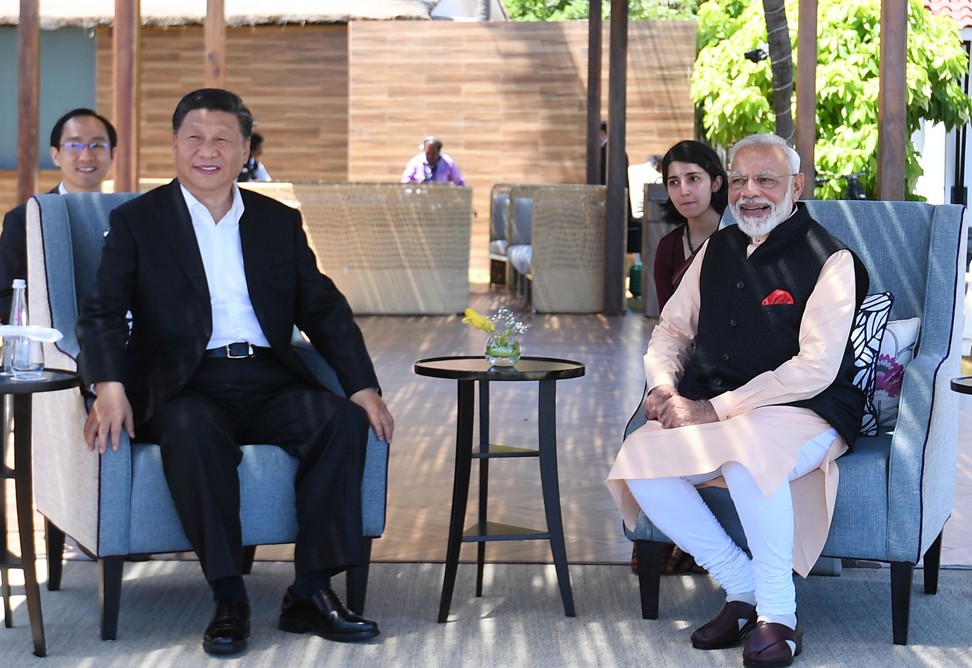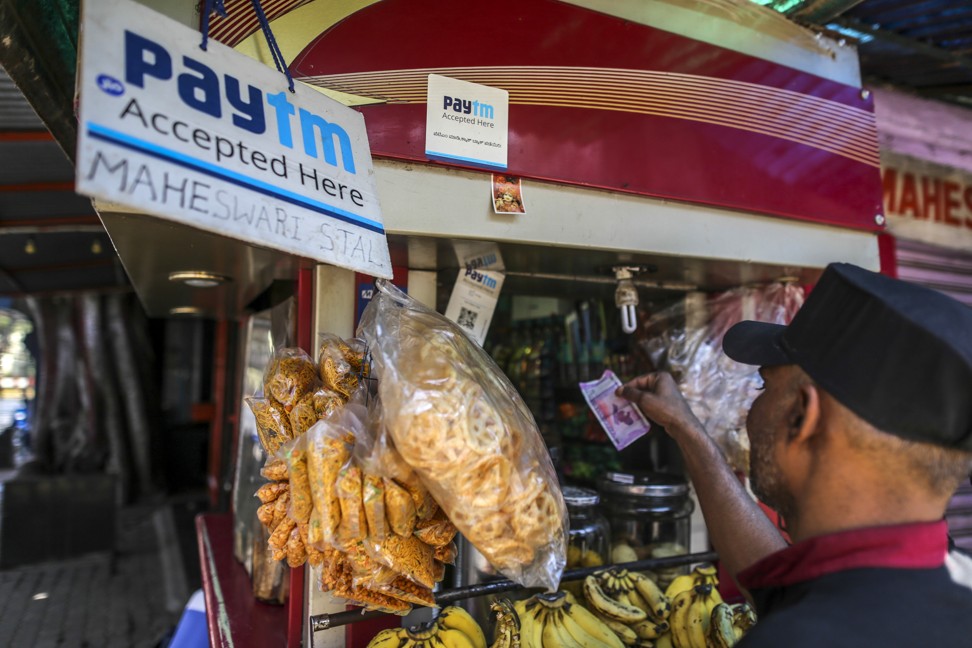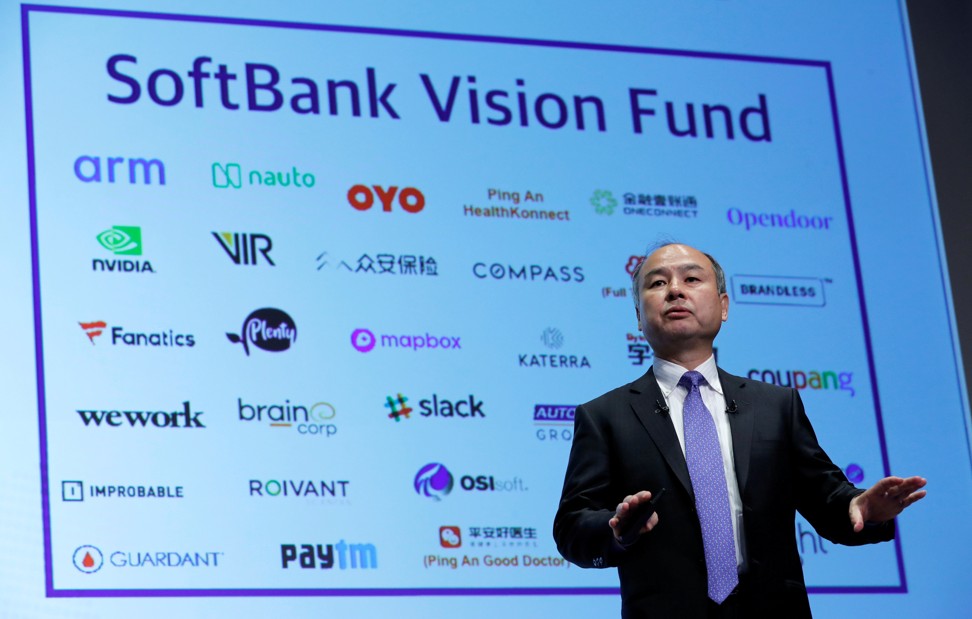Why China’s tech investors looking for the next unicorn love India’s start-up scene

Last year may have been the Year of the Pig in China, but in India it was definitely the year of the unicorn.
As the country celebrated its 71st Indian Republic Day on January 26, it can look back with pride at its achievement in becoming one of the world’s foremost entrepreneurial hotspots within just a few years – a ranking that has prompted special interest among venture capitalists and others in China.
Which Ambani is being sued by 3 Chinese banks, and why?
Chinese investors are “the third most active” in funding rounds for Indian start-ups, writes Dr Sabrina Korreck, a senior fellow at Observer Research Foundation. “Chinese investors have become increasingly active in the last few years and the volume of investments has increased five-fold to US$5.6 billion in 2018.”

The Indian start-up scene had been doing well in 2018, as indicated by Walmart’s US$15 billion acquisition of e-commerce main player Flipkart, but it really took off in 2019, a year that saw the launch of a small herd of unicorns (start-ups valued at over US$1 billion).
Online store Bigbasket resets the template for grocery shopping; Ola Electric promotes India’s first multimodal electric vehicle project; sports fans watch their fantasies come true with Dream11; Lenskart takes care of eyeware needs; Delhivery leads in logistics and Rivigo is the go-to for cargo. Icertis’ easy-to-use and comprehensive platform provides solutions for contract management problems and Druva tackles data protection and cloud management issues, while Zoho offers a complete suite of online productivity tools capable of running an entire business. It makes for a sensational line-up.
The princesses of Mayurbhanj in eastern India are not regular royals
India’s start-ups continued to raise funding across the board in 2019, clocking up in excess of US$11.1 billion in more than 800 deals, slightly less than the US$11.38 billion garnered in 2018.
“India ranks third in the world in terms of the number of start-ups and now has close to 20 unicorns – although it should be noted that none of them is profitable as yet,” says Vijay Anand, who heads up Chennai-based The start-up Centre, which mentors entrepreneurs.
“Among the ecosystem enablers, there is a determined push to double the number of unicorns in the next three years. Most of these unicorns are a product of the last wave of e-commerce. There is also a slew of start-ups valued in the US$100 million range, with deep-tech offerings. But since the entry of international players like Amazon and Alibaba, Indian e-commerce doesn’t have a moat to protect itself, so it now has to contest market share with its American and Chinese counterparts.”

Blackpink to Eric Tse – the Asian creatives who will lead the 2020s
Anand notes that a much-needed correction is taking place throughout the world towards building start-ups with better unit economics, rather than valuation.
China’s interest in Indian start-ups since 2015 has focused on ambitious and visionary projects that have the potential to make a difference to people’s lives. China has also been keen to expand its global footprint, in particular to gain a slice of India’s thriving mobile commerce market. Alibaba and Tencent started in India with substantial investments in e-commerce, on-demand services and mobile payments. Alibaba and its fintech affiliate Ant poured a large but undisclosed sum into Paytm, India’s biggest mobile payments company, while Tencent headed a US$90 million round of funding for one of the country’s largest medical services, Practo. Chinese investment has had a significant impact on the Indian start-up scene.

“Over the past five years, four major players have been setting the tone for the Indian ecosystem – Tiger Global, Naspers, Alibaba (owners of the South China Morning Post) and Softbank,” says Anand. “Right now, two things are happening – players like Softbank are slowing down. On the other hand, there are now more China-based investors and investment funds coming to India and actively getting involved in the ecosystem. With nationalism on the rise – not just in India – there is a little bit of hesitation, but entrepreneurs also see the benefit of working closely with the China ecosystem where they have probably the most relevant experience in scaling ventures in a market that is closer to India.”
Indian millennials and ‘silver wave’ shoppers will define 2020s trends
Korreck says, “Reviewing the investments of Chinese key investors reveals some striking patterns and trends. First, they are coming in at a time when growth rates in their home market are decreasing and their ‘start-up funding party’ is slowing down”.
India provides investment opportunities that simply cannot be ignored, she says. It is perceived as the last big emerging market because of its large and young population that uses the internet extensively and welcomes funding from all sources. “Compared to China, the size of the Indian start-up ecosystem is still comparatively small and Chinese investors perceive the Indian market to be in a very early stage. Hence, they acknowledge the need for a very patient, long-term approach.”

Chinese investors prefer start-ups with business models similar to those that have shown success in China. “Investments are based on specific knowledge of sectors, bringing their considerable experience of the Chinese market. Leveraging their learning and deep domain expertise, Chinese investors are able to hedge Indian home-grown start-ups and help them grow big.”
Analysts believe that India has a long way to go in terms of economic growth, and the investment needed in terms of infrastructure and services is substantial. Yet the potential for innovative start-ups is still much in evidence. While there are aspirations at the grass roots level to enjoy a better quality of life, to earn more and to think globally, this puts a lot of pressure on the existing infrastructure. India will require massive investment to deliver on the middle class that it has been promising the whole world, so there is much that China and India can do together on this front.
Want more stories like this? Sign up here. Follow STYLE on Facebook, Instagram, YouTube and Twitter .

India is now home to around 20 unicorns, after start-ups raised more than US$11.1 billion in 2019 alone – and China is a key source of financial support